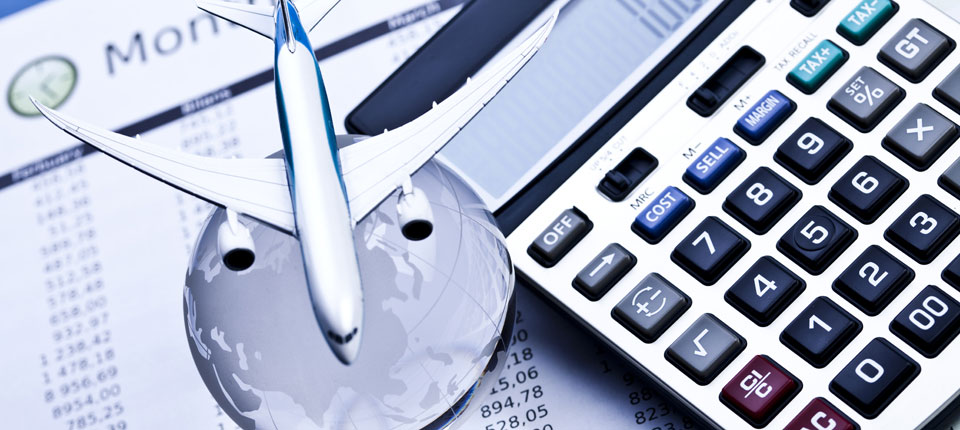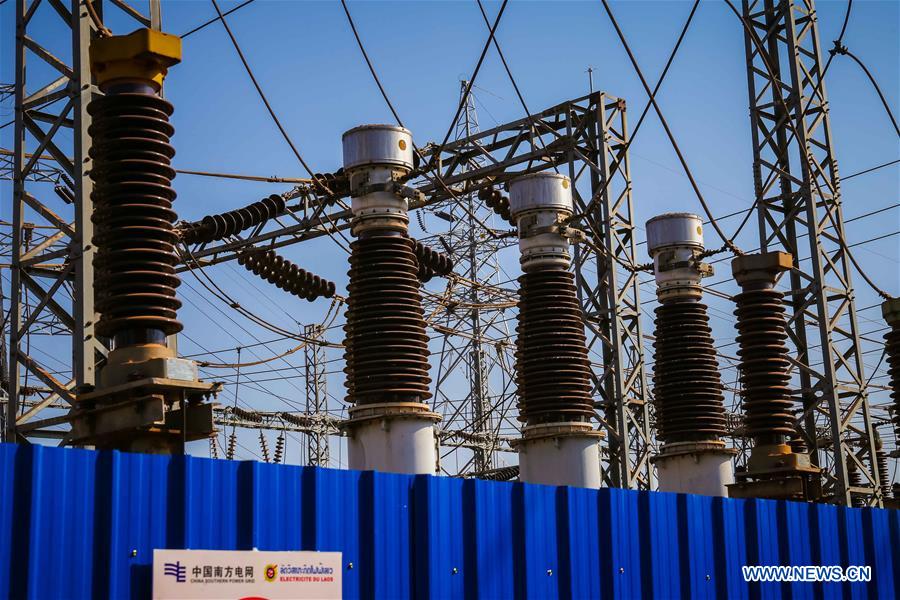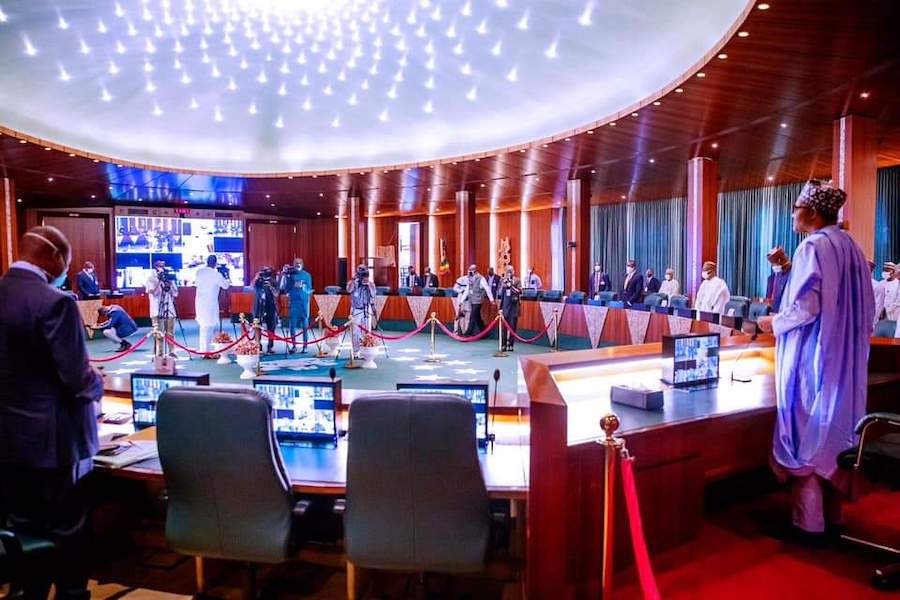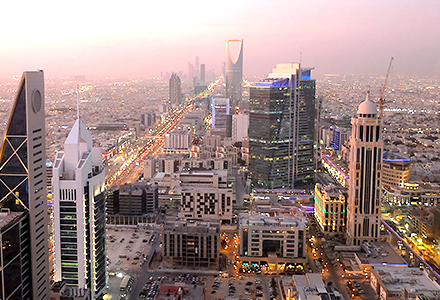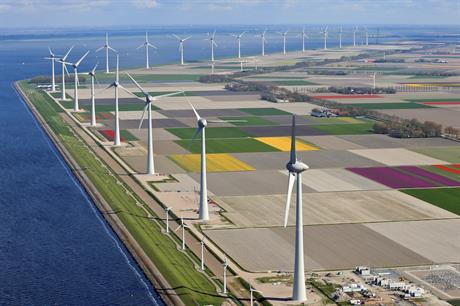[:en]The German power firm, Siemens AG is expected to help Nigeria upgrade 105 power substations and construct 70 new ones across the country as part of the multilateral deal between the federal government, the government of Germany and the company.
President Mohammadu Buhari recently approved the release of funds for the first part of Phase 1 of the Presidential Power Initiative to start the pre-engineering and concession financing workstreams
Last year, The President who met with the Joe Kaeser, the president of Siemens AG to work with German technology firm to gradually boost the country’s electricity generation and distributions and end years of epileptic power supply.
Only about two-thirds of Nigerians have access to power and even those are plagued by constant blackouts as both the distribution companies and generation companies are performing below expectations since the privatisation of the sector by the last administration.
Also last month, the president granted “anticipatory approval” for €18.94 million, or 15 percent of the cost, as counterpart funding for the project, Finance Minister Zainab Ahmed said.
The balance of 85 percent will be provided by Euler Hermes Group SAS, and backed by the German government, on concessionary terms with a three-year moratorium, a 12-year repayment period at “an interest rate of Libor-plus 1 percent to Libor-plus 1.2 percent.”
The Minister of Power, Sale Mamman while presenting ‘key details’ of the Presidential Power Initiative (PPI) deal with the German firm, said the deal represents one of the largest and most transparent power sector investments in modern day Nigeria.
He listed the details of the deal as major infrastructural points, project timeline and expansion outcomes, Mamman explained that the deal for which the federal government made an initial N8.6 billion commitment penultimate week, would totally transform the sector.
He said asides the 105 sub-stations, to be upgraded and 70 new sub-stations to be built under the new arrangement, 35 power transformers will also be manufactured and installed.
It disclosed that 3,765 distribution transformers would be installed and 5,109 km distribution lines will be built with a potential generation capacity of over 13,000 mw as opposed to the current transmission of 4,500mw.
The minister explained that in the first Phase, 7,000 MW is expected to be achieved between now and 2021, with the upgrading of transmission and distribution of the Transmission Company of Nigeria (TCN) and Distribution Companies (Discos) expected to contribute an additional 2,000 MW.
For phase two, 11gw will be achieved between 2021-2023, with full use of existing generation and last mile distribution capacity.
Mamman said the third phase would see the achievement of 25,000 MW between 2023-2025 with appropriate upgrades and expansion in generation, transmission and distribution.
The deal also involves Siemens’ support for the regulator, the Nigerian Electricity Regulatory Commission (NERC), towards improving metering in the electricity industry in the country.
While Siemens will singlehandedly pick the Engineering, Procurement and Construction (EPC) partners for the sake of transparency, according to the federal government, all items to be purchased would be provided by the Discos and TCN and would be vetted by a professional Project Management Office.
It will be backed through a German Euler Hermes cover, while the International Finance Corporation (IFC) will be engaged to assist in developing the commercial structure of the intervention, as well as in undertaking an independent company valuation of the Discos[:]


